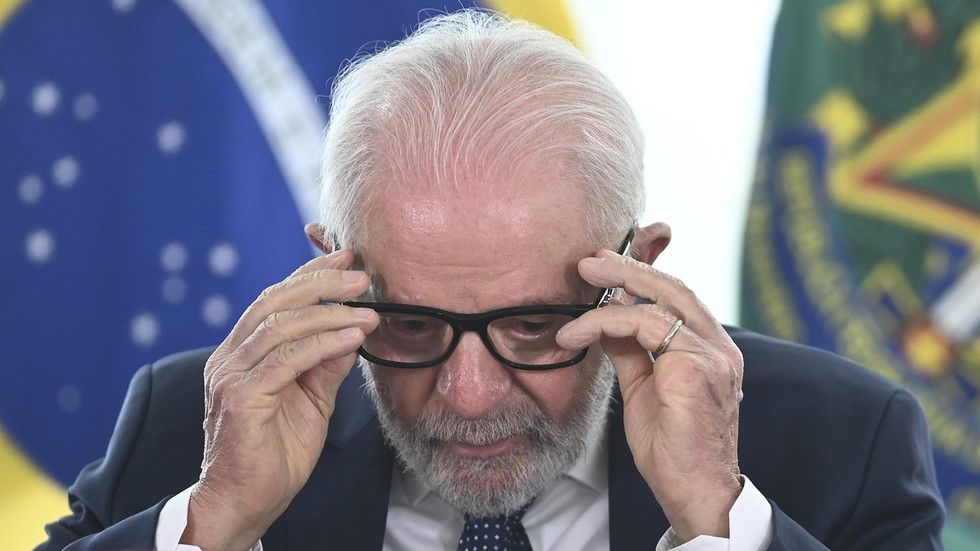Brazilian President Luiz Inacio Lula da Silva is presently recuperating in an intensive care unit following emergency surgery deemed necessary to alleviate pressure from a brain hemorrhage. The announcement, conveyed by his medical team during a press conference, revealed that the president, who is 79 years old, is stable and engaging in normal activities such as talking and eating. Dr. Roberto Kalil led the update, indicating that Lula will continue to be monitored closely for several days as a precautionary measure. The updates were shared through a post on Lula’s X account, which provided a hospital statement detailing his health status.
The medical emergency stemmed from an incident that occurred on October 19, when Lula experienced a fall at home. Having bumped his head during the fall, he reported severe headaches leading to his hospital admission. An MRI scan was performed, revealing an intracranial hemorrhage that required immediate surgical intervention. The surgery to drain the hematoma was described as “uneventful,” and subsequently, Lula was placed in an intensive care unit for further observation to ensure his recovery.
This recent health scare has had significant implications for Lula’s schedule, forcing him to miss crucial international engagements, including the BRICS summit in Russia. As a co-founder of this bloc, which comprises major non-Western economies, Lula’s absence from the summit raised questions about Brazil’s representation in critical discussions among global leaders. The incident highlights the challenges faced by leaders regarding their health and the potential impact on diplomatic relations and commitments.
Lula has provided the media with insights regarding the accident, explaining that he slipped in the bathroom while cutting his nails, which led to him striking the back of his head. This unfortunate event resulted in injuries that required multiple stitches. In an effort to manage his health proactively, Lula disclosed that he has been undergoing regular MRI examinations to monitor for any signs of bleeding following the incident. Additionally, doctors have prescribed preventative medicines to mitigate any further complications.
Despite the serious nature of his condition, the prognosis following surgery appears positive. Medical professionals anticipate that Lula will be able to resume his presidential duties early next week. Monitoring his recovery closely will be paramount in determining the exact timing of his return to an active role in government. His ability to bounce back can influence public confidence and perceptions regarding his leadership in Brazil during this challenging time.
In summary, President Lula’s hospitalization marks a significant moment in both his personal health journey and Brazil’s political landscape. The interplay between health issues and political responsibilities underscores the vulnerability that world leaders can face. As Lula recuperates from surgery, the hope remains that he can soon return to his important role, ensuring that Brazil remains engaged on the global stage and continuing to address the country’s pressing needs and international relationships.

